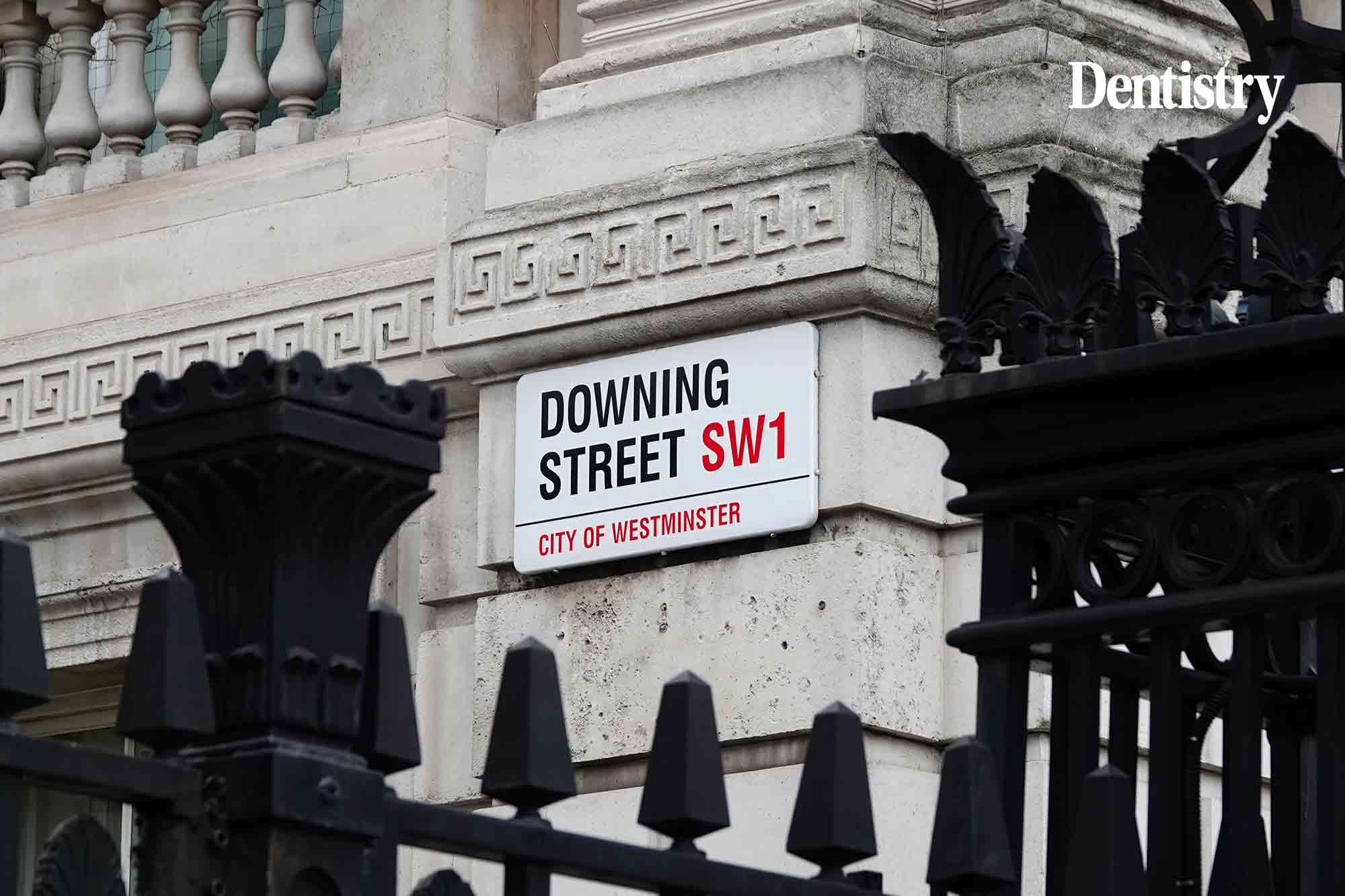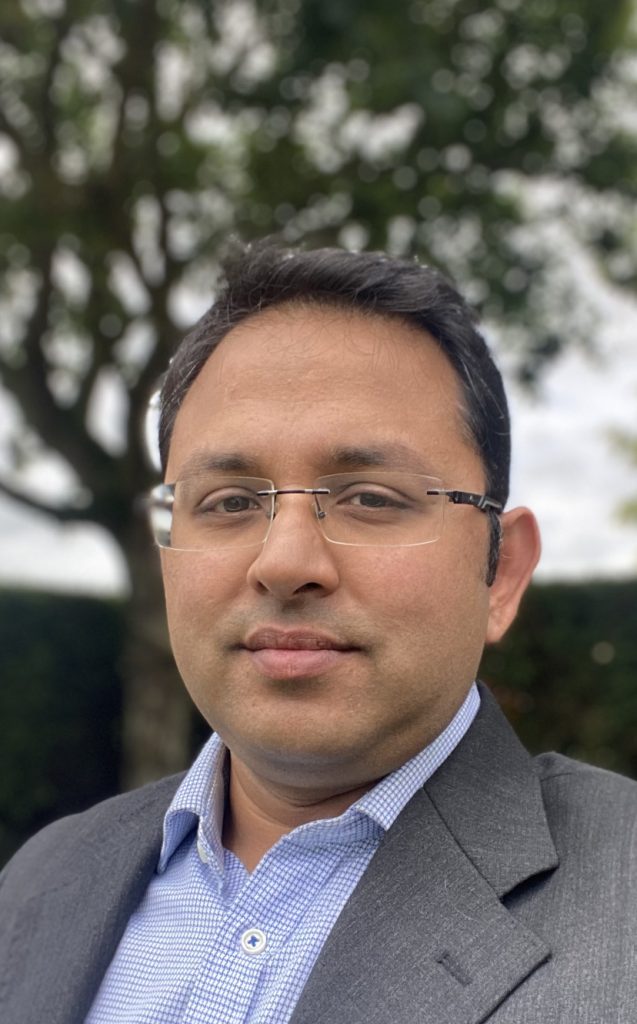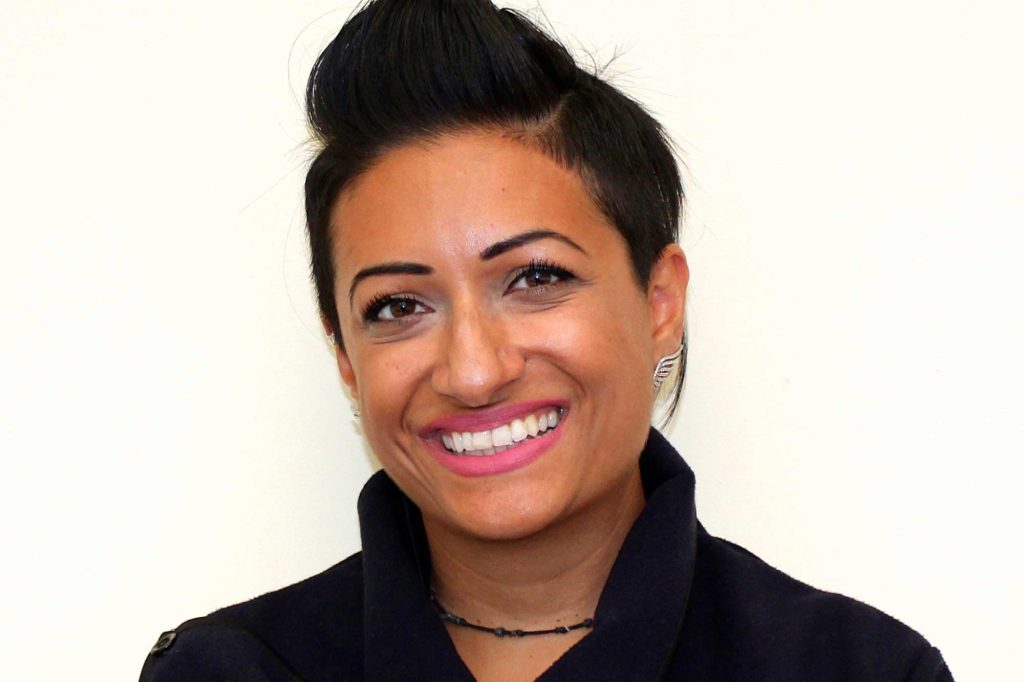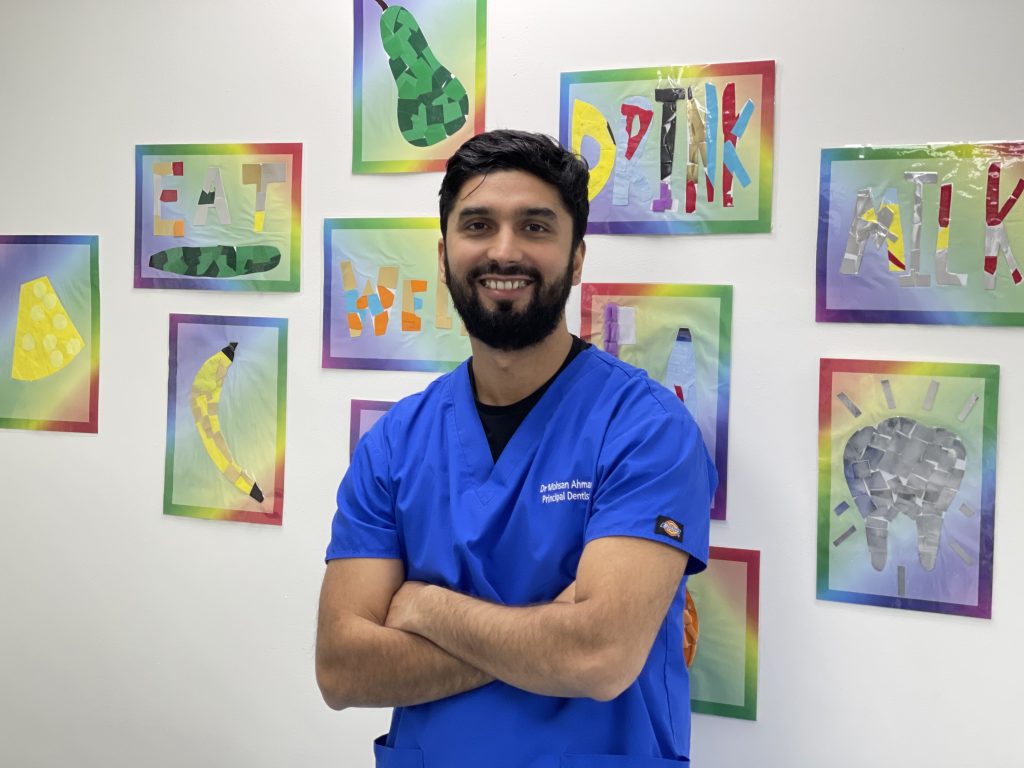
With a general election fast approaching, Gaby Bissett spoke to a number of dental professionals about what they would like to see in party manifestos.
On 22 May, Prime Minister Rishi Sunak called a UK general election for Thursday 4 July.
With election campaigns in full swing, the dental profession will be keeping an eye out to see where dentistry features in party promises.
We hear from dental professionals about what pledges and commitments they would like to see from UK parties:
Neel Kothari, dentist
Political parties ideally need to lay out at least five year spending plans so that dentists and their teams can make long term decisions that affect patient care.
It simply isn’t good enough to expect a service that’s in a funding crisis to question year-on-year whether or not they can afford to stay within the NHS, and the resulting turmoil to the public verges on negligence.
NHS dentistry cannot simply be a political football that’s kicked about every time a politician wants to score a point. These are patients we are serving and they deserve better.
Nishma Sharma, dentist
I would like to see policies created based on the fundamental principle of access to dentistry being a basic human right and not a luxury, as is currently the case. A system where, as a dental professional, I am happy to treat and will be remunerated appropriately when I see any patient presenting to me whether they be high needs, a child, a vulnerable adult or someone in pain.
I’d also like an assurance the current system will be completely overhauled to help fight the unprecedented health inequalities we are seeing manifested across this country and a promise to scrap any McNamara fallacy-type targets and replace them with a prevention-based patient-centred approach to oral health care.
A significant reduction in red-tape and a scrapping of the nonsense of two-month rules, breach of contract notices, no topping-up etc would also help reduce the stress NHS clinicians are currently under.
To create a capitation-based framework which patients pay into themselves so that they have a direct vested interest in their own oral care, alongside a subsidised fee-per-item system would also help put the onus on personal lifestyle choices for our patients and help them to value the services we deliver.



Preetee Hylton, dental nurse and the British Association of Dental Nurses (BADN) president-elect
Dental nurses are the backbone of the dental team; they are essential to its operation and to delivering high-quality patient care. We want our profession to get the recognition it deserves. Given that dental nursing is a predominantly female profession, the average wage does highlight a critical gender issue.
It is unacceptable for qualified and GDC-registered dental nurses to be earning slightly above minimum wage; to address this, dental nurses who are employed in dental practices with an NHS contract (who are overworked and under-appreciated) which see approximately 40-50 patients daily, should receive a substantial payrise.
In addition to this, dental nurses employed by NHS practices should be recognised as NHS employees and offered the same benefits as those practising in community and in hospitals ie access to NHS IDs, NHS pensions.
Furthermore, dental nurses (both in NHS and private practices) with post-registration qualifications and those who invest in further education should be rewarded accordingly. This should reflect their commitment to enhancing their skills, and therefore directly translating to better dental care and increased awareness of the importance of maintaining good oral health for the public.
Our profession deserves a robust framework of workplace rights that acknowledges the importance of our roles and responsibilities in the delivery of safe, caring and effective dental care.
We should be able to work alongside our colleagues and be treated with respect, fairness and dignity. Empowering and supporting the dental nursing workforce to work collaboratively with other dental and healthcare professionals does not only benefit us, but it also benefits the dental team and the general public.
The BADN is not affiliated with any political party and is not part of the TUC.
Umair Afzal, dental graduate
As a newly-graduated dentist, I think there’s much to be optimistic about in our profession. However, I know our profession has lengthy waiting lists, challenging NHS targets and a set of fantastic nurses who are often overworked and under-appreciated.
Reducing health inequalities is paramount in dentistry. I’d want to see a sustainable funding plan that enables accessible oral healthcare for all. For example, children with caries who don’t receive tailored brushing advice can result in decayed or missing teeth in adulthood. An NHS contract that encourages prevention rather than treatments could prevent early tooth loss for all our patients.
Students learn dentistry for five years and these elections happen at a similar frequency. A rapidly increasing number of students aim to apply for dental school. Still, there is not enough capacity to facilitate them.
By working more closely with university admissions, more students can get into university, especially those from lower socio-economic backgrounds. More applicants from these areas can result in a long-term improvement beyond the expected length of the next parliamentary session.
Dentistry is a cross-parliamentary issue with support from all sides. MPs from both government and opposition benches hear our calls for reform. Despite this, I’d want to see them display a better understanding of the options they present to improve healthcare.
I am confident that our profession will continue to speak up until the nation’s oral health improves.



Mohsan Ahmad, dentist
Whether we stick with UDAs or move to a capitation-based model, we must ensure a specific percentage of the payments are based on practices being involved with initiatives to target local oral health inequalities, eg high child care, care for older patients etc.
This gives integrated care boards (ICBs) the flexibility to create programmes for the needs of their local patients.
We also need access to NHS dental services for all children, allowing for emphasis of prevention for this vulnerable group.
There also needs to be fines for missed NHS dental appointments. Practices face significant financial pressures and when patients don’t attend their appointments, this exacerbates the problem.
On top of this, I’d like to see NHS dental access for patients newly diagnosed with or on a cancer journey. As dental professionals, we all understand the importance of early intervention for these high-risk patients and creating a care plan with prevention at its core.
There needs to be clarification on NHS top-up fees – allowing NHS dentists to offer dental treatment with better quality materials could encourage dentists to continue to offer NHS dental services. This could move them away from feeling deskilled, as they as able to offer more complex treatment. Dental labs are also able to flourish as they can invoice appropriately, and the charge is passed directly to the patient.
There also needs to be fines for missed NHS dental appointments. Practices face significant financial pressures and when patients don’t attend their appointments, this exacerbates the problem.
Emily Pittard, clinical dental technician and lab co-director
I would like to see them set out a more robust plan for how to tackle the issue with NHS dentistry at the moment, rather than just a golden handshake. This could be achieved more effectively by using the entire dental team to the full extent of their scope of practice and by increasing scope in some areas for clinical dental technicians, dental hygienists and dental therapists to alleviate the pressure on dentists.
A better policy for education in schools and care homes would also be effective in helping to alleviate strain and allow members of the public to feel more in control of their oral health.
This could then reduce fear of the dentist which is still a significant barrier to treatment for a lot of people.
Eddie Crouch, chair of the British Dental Association (BDA)
For the first time in the NHS’s 75-year history dentistry is set to be a headline issue in a UK General Election. It’s feedback we’ve heard after by-elections the length and breadth of England over the last year. We can take no pleasure in the fact that dentistry is now at the forefront of voter concerns. It’s a reflection of the crisis we face. And why every party needs to step up.
Polling from YouGov shows, that as a local concern, voters are placing dentistry above traditional doorstep issues like schools, the state of the high street, and even crime. Nearly a third of voters (28%) identified it as a top local concern compared to 24% for crime, 19% for high street shops, 15% for public transport, and 11% for schools and education. It’s striking that only the state of roads, GP services and affordable housing scored higher.
This is why we’ve called on all parties to offer real urgency and ambition to save the service and put a halt to widening inequalities. We’ve set out our key priorities for the next parliament, on ending the access crisis, halting the exodus from the workforce and refocusing on prevention. We’re clear real progress hinges on a decisive break from the discredited NHS contract dentists in England work to.
We don’t know what shape the next UK government will take, but our message goes to all parties and to all candidates. We need more than tweaks if this service is going to survive.
Follow Dentistry.co.uk on Instagram to keep up with all the latest dental news and trends.


